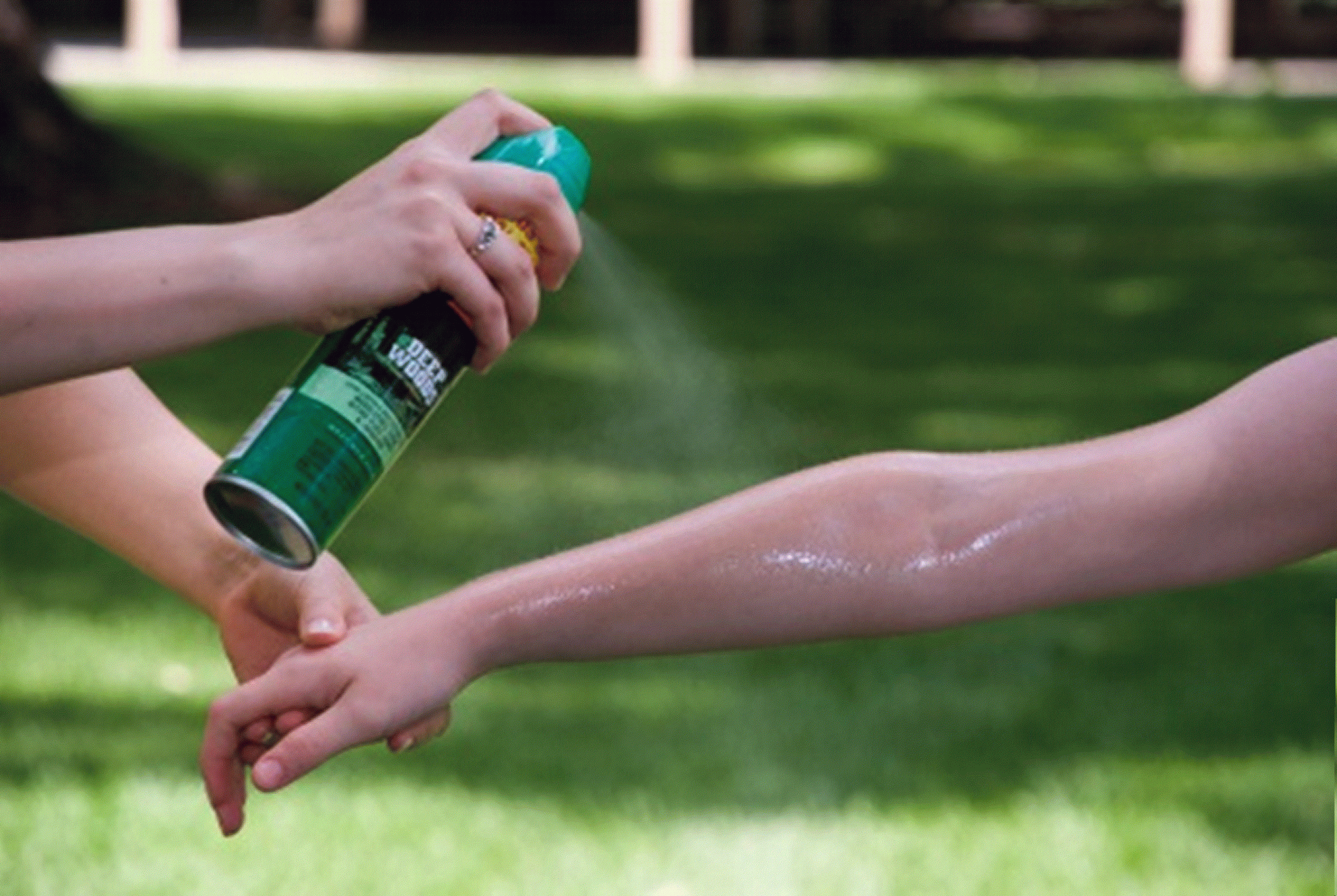
Mosquito control is essential for maintaining a healthy and safe environment for your family. Mosquitoes, those tiny yet relentless insects, pose a significant threat to human health, carrying various diseases that can affect individuals of all ages. Mosquitoes can also disrupt outdoor enjoyment, making it harder to relax and enjoy the warm weather. This comprehensive guide explores various strategies for effective mosquito control, offering practical solutions and insights to help you safeguard your family and property. We’ll delve into identifying breeding grounds, understanding the mosquito life cycle, and exploring a range of control measures, both chemical and natural. By the end of this article, you will have a better understanding of the importance of comprehensive mosquito control.
Understanding the Mosquito Life Cycle
Larval Development and Mosquito Reproduction
Understanding the mosquito life cycle is crucial to effective control. Female mosquitoes require a blood meal to reproduce, making it an important factor in controlling mosquito populations. The life cycle progresses through four distinct stages: egg, larva, pupa, and adult. Larvae develop in standing water and are particularly vulnerable to certain control measures. Identifying and eliminating these breeding grounds is key to reducing mosquito populations and preventing the spread of disease.
The Role of Standing Water
Mosquitoes rely on standing water for reproduction, particularly in stagnant or still bodies of water, including puddles, gutters, and even containers left out in the open. Eliminating these breeding sites is crucial for effective mosquito control. The presence of standing water facilitates the development of larvae, which, if not addressed, grow into adult mosquitoes. Regularly emptying and maintaining these potential breeding areas can significantly decrease the mosquito population.
Identifying Mosquito Breeding Grounds
Common Breeding Habitats
Inspect your property regularly for potential mosquito breeding grounds. Look for stagnant water in containers, flower pots, discarded tires, clogged gutters, and even small puddles. These seemingly insignificant water sources can support a surprising number of mosquitoes, and this proactive approach is crucial to successfully limiting their numbers.
Effective Drainage and Prevention
Ensuring proper drainage around your property is essential. Address any drainage issues to prevent the accumulation of standing water. Clear clogged gutters and downspouts, repair any leaks, and consider using landscaping techniques to divert water away from potential breeding areas. Regular maintenance is key for long-term prevention.
Natural Mosquito Control Methods
Repellent Plants and Essential Oils
Certain plants and essential oils have natural repellent properties. Consider planting mosquito-repellent plants, such as citronella grass, lemon balm, or lavender, around your property. Use mosquito-repelling essential oils, such as lemon eucalyptus or peppermint oil, in diffusers or diluted in water for sprays, while being careful to follow safety instructions. These methods are cost-effective and relatively eco-friendly.
Introducing Mosquito-Eating Fish
For ponds, water features, or other standing water areas, consider introducing mosquito-eating fish, such as Gambusia affinis, or mosquito fish. These fish feed on mosquito larvae, helping to control mosquito populations naturally and sustainably. However, careful consideration must be given to the local ecosystem, including existing fish species and other aquatic life, to minimize potential negative impacts.
Chemical Mosquito Control
Targeted Pesticide Application
Pesticides can be effective in controlling mosquito populations, but must be used strategically and responsibly, adhering strictly to label instructions. Consult with local pest control experts or health officials to determine the most appropriate and least harmful pesticides to use, focusing on areas with high mosquito activity. Ensure proper safety precautions are always followed.
Public Health Initiatives
Public health campaigns can raise awareness and encourage community-based mosquito control initiatives. These initiatives may include community education programs, public service announcements, and guidance on personal protection measures. Increased awareness can foster more effective community-wide efforts to prevent mosquito-borne diseases.
Personal Protection Measures
Effective Repellents
Using mosquito repellents is crucial for individual protection. Choose repellents containing DEET, picaridin, or oil of lemon eucalyptus, ensuring they are appropriate for your skin type. Always follow the manufacturer’s instructions and reapply as needed. Ensure safe application to sensitive areas, like children’s skin, and watch out for potential allergic reactions.
Protective Clothing and Nets
Wearing long sleeves and pants in areas with high mosquito activity and using mosquito nets when sleeping outdoors can provide significant protection. This preventative measure will effectively limit mosquito exposure and provide additional security, especially in high-risk areas.
Frequently Asked Questions
How do I identify mosquito breeding grounds in my yard?
Mosquitoes breed in stagnant water. Look for standing water in containers, flower pots, discarded tires, clogged gutters, or even small puddles. Inspect your property thoroughly, paying particular attention to areas that retain water for extended periods. Empty or cover any standing water sources you find, and make sure that you maintain good drainage in your yard to prevent future issues.
What are the most effective mosquito control methods besides pesticides?
Beyond pesticides, consider natural methods such as planting mosquito-repellent plants, using mosquito nets, or introducing mosquito-eating fish to standing water features. These methods minimize the environmental impact and provide safe alternatives for families with children or pets. Researching and implementing appropriate methods for your local conditions and environment is crucial for effectiveness.
In conclusion, effective mosquito control is crucial for protecting your family’s health and well-being. By understanding the mosquito life cycle, identifying breeding grounds, and utilizing appropriate control methods, you can significantly reduce the risk of mosquito-borne diseases and enjoy a more comfortable outdoor environment. Remember, prevention is key, and implementing these strategies can make a world of difference. For further assistance, consult local health authorities or pest control professionals for tailored solutions to your specific area. Take proactive steps to secure your family’s health and happiness by addressing mosquito control needs today!